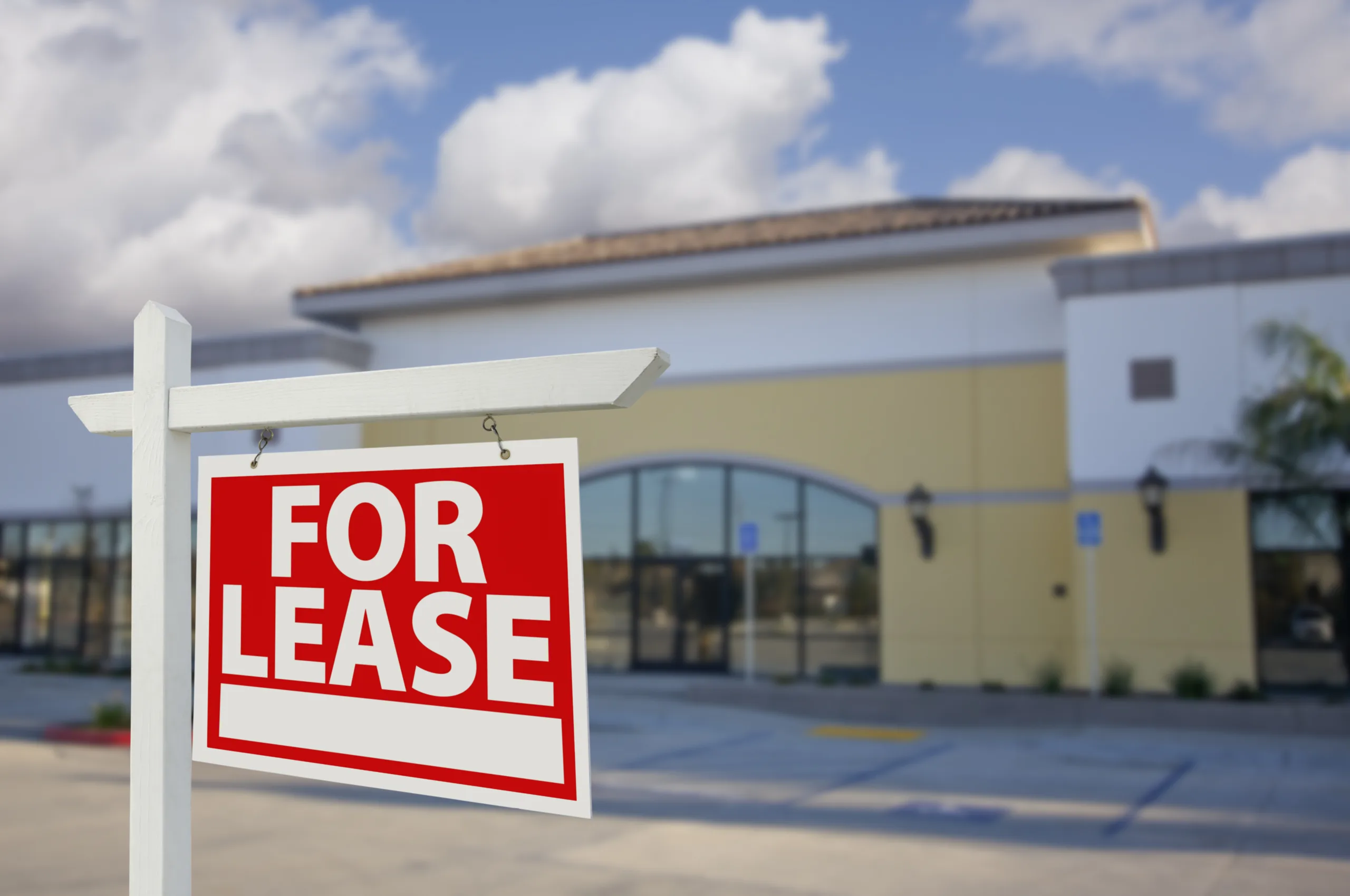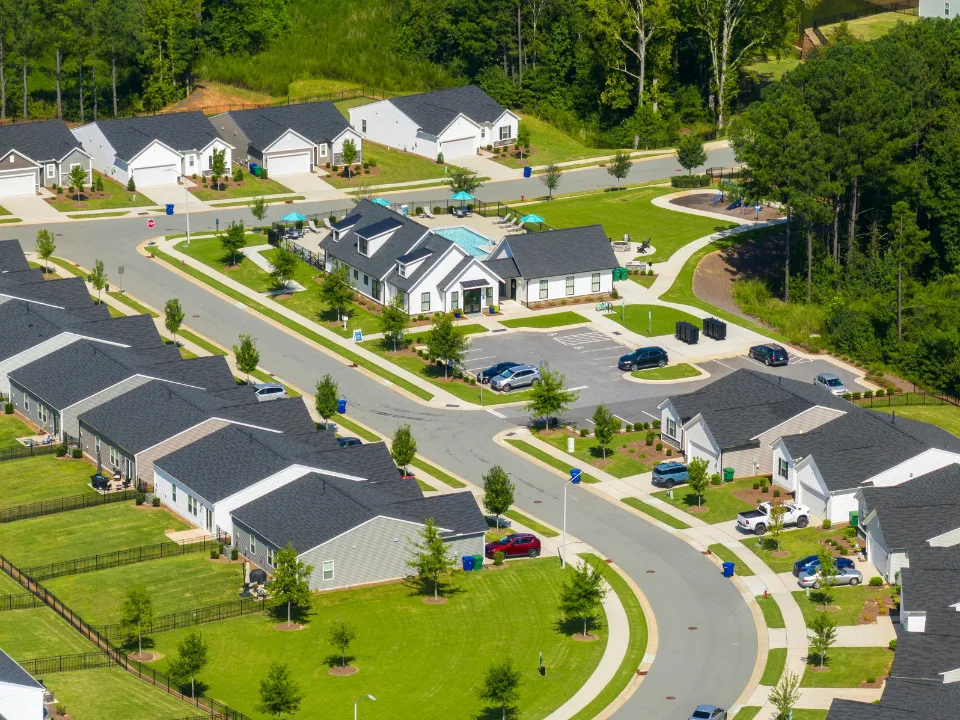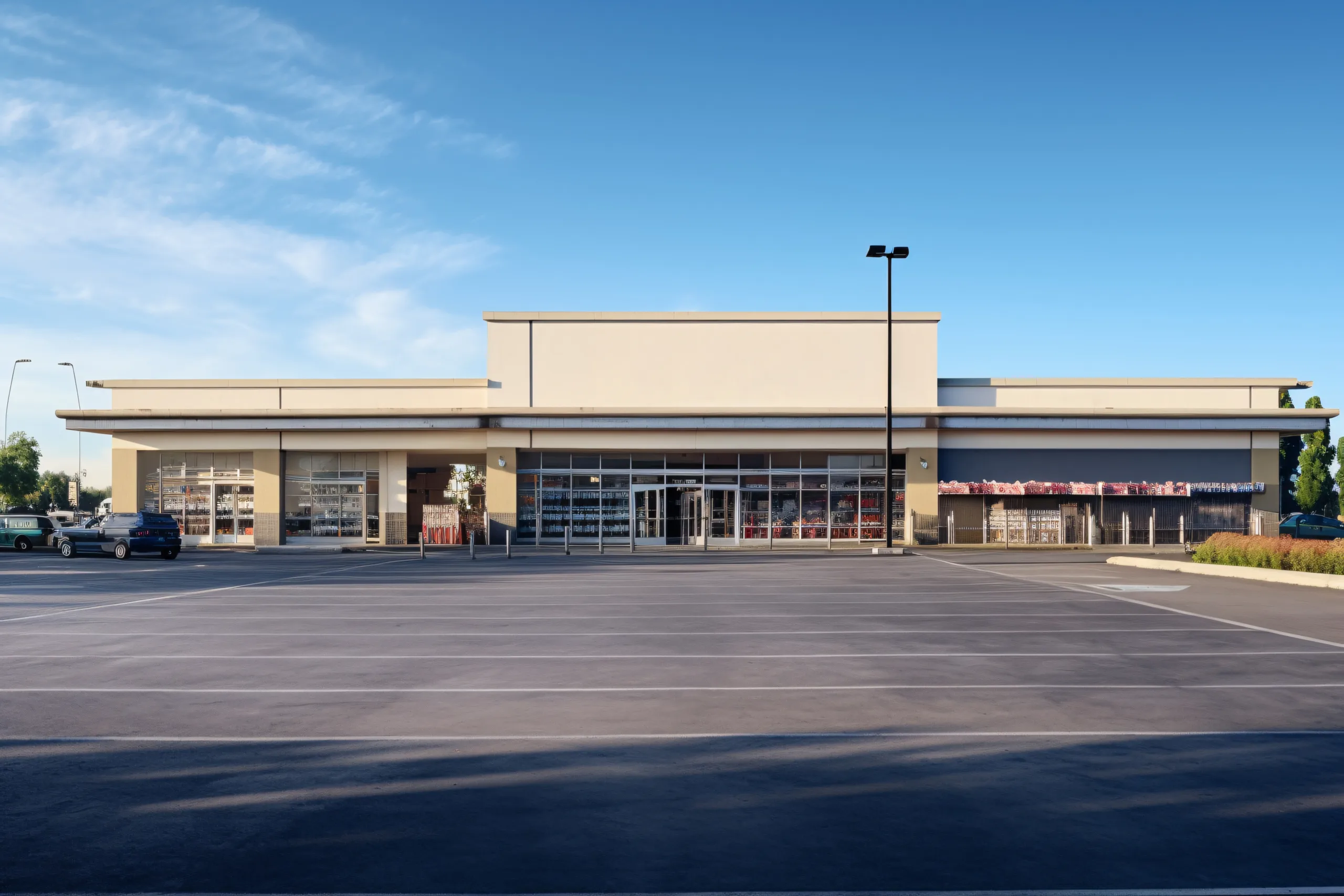Key Takeaways from JPM’s 2023 CRE Midyear Outlook
Despite market uncertainty, sectors such as multifamily, industrial, and neighborhood retail continue to thrive. However, the outlook raises concerns over the Federal Reserve’s plans to combat inflation.
Good morning. Welcome to the 391 new subscribers who joined us this week. We’re thrilled to have you on board.
In today’s edition, we’ll dive into JPMorgan’s 2023 Midyear CRE Outlook. Additionally, we’ll explore how property management firms are increasingly turning to tech and AI to sustain profits and retain employees. Let’s dive in!
Market Snapshot
|
|
||||
|
|
*Data as of 5/2/2023 market close.
👋 First time reading? Sign up here.
TRENDS & PREDICTIONS
Key Takeaways from JPM’s 2023 CRE Midyear Outlook

Al Brooks, the Head of CRE at JPMorgan (JPM), has shared his midyear outlook for 2023. According to him, economic uncertainty will continue to play a crucial role in determining the future of CRE in the short term, as high rates and low office demand present significant challenges. However, there are some encouraging developments that investors should monitor closely.
Macroeconomic forces: Geopolitical tensions, market volatility, and high inflation will likely persist in H2 2023. The Fed has raised rates nine times since Mar 2022, the fastest pace in decades. Consequently, investors are adjusting to the change as many CRE owners still pay lower rates than the current levels, resulting in slower refinancing activity. It’s uncertain if rates will continue to rise or if the Fed will change course in H2, which leaves investors with a familiar feeling: uncertainty.
Multifamily rents rise slowly: Multifamily properties remain robust, with a national vacancy rate of 4.5% at the end of 2022, per Moody’s Analytics. Despite a slowdown in rent increases, the median vacancy rate in the US is 3.9% as of April, although rates differ significantly among metro areas.
More affordable housing: The demand for affordable housing surpasses the available supply, requiring a multifaceted approach to boost housing stock. Solutions may involve preserving, building, and financing affordable housing. Collaborating with public entities to create zoning variances that allow increased residential density is also crucial.
Resilient retail: Although e-commerce represents around 15% of retail, certain services continue to necessitate or prefer in-person visits, indicating the ongoing importance of brick-and-mortar retail. Activities like going to the nail salon, barbershop, or sports bar still require physical presence.
Stabilizing industrial: The industrial sector, driven by e-commerce and the on-demand economy, has thrived for several years. However, while the asset class is still in good shape, signs suggest that it may be stabilizing. The distribution and warehouse vacancy rate steadily decreased every quarter from the end of 2020, hitting a record low of 4.1% in H2 2022. In Q1 2023, the rate increased by 10 basis points to 4.2%.
Offices up in the air: The demand for office space remains uncertain due to the prevalence of remote and hybrid work. A-class properties are still performing well, while office buildings with 10-year leases or more may weather market corrections. Conversely, B- and C-class buildings, particularly those with shorter leases outside prime locations, may encounter difficulties as the workplace transforms.
➥ THE TAKEAWAY
Zoom out: Multifamily, industrial, and necessity-based retail sectors are demonstrating considerable resilience in the current commercial real estate market. Nonetheless, the industry is facing uncertainties due to questions about the Fed’s inflation control plan, which could have an impact in the short term. As markets reflect a high probability of a quarter percentage point increase at today’s Fed meeting, attention turns to the central bank’s next moves.
⏩ Share this article by clicking here.
🌐 Around the Web
📖 Read about the impact Jerome Powell has had on the CRE market with nine consecutive interest rate hikes—and how brokers are dealing with it.
🖥️ Watch as Apollo Global Management (APO) CEO Marc Rowan warns of a second wave of CRE losses in the wake of recent regional bank failures.
🎧 Listen to White Castle CEO Lisa Ingram discuss the brand’s real estate strategy on CBRE’s The Weekly Take.
📝 Download Cushman & Wakefield’s (CWK) Five Fast Facts about the Phoenix office market.
PRESSURE’S ON
Automation May Help Property Management Profits

After years of record demand and double-digit rent growth, good times are ending for property management companies now turning to automation to cut costs and adapt to the changing CRE landscape.
Turning to AI: Property management firms, facing declining profits, are using technology to automate their operations as they struggle to fill job vacancies. With property owners feeling the pressure to maintain profits, managers are seeking cost-cutting measures. While layoffs have not been significant, automation is becoming a popular option among managers to keep costs in check.
Work stress: Property management work can be challenging as employees frequently encounter challenging tenants, unexpected repairs, and monotonous tasks, leading to negative impacts on their mental and physical health, according to the National Apartment Association. This, coupled with the demanding nature of the job and relatively low salaries, makes attracting and retaining talent difficult.
Looking for a solution: Despite investing in automation, Equity Residential (EQR), UDR (UDR), and Essex Property Trusts (ESS) saw an increase in year-over-year property management expenses. To address this issue, the companies have doubled down on their technology investments, enabling them to improve their operations by leasing units faster, streamlining maintenance, and appealing to tenants who are willing to pay up to $55 per month for smart home automation. These technological advancements also result in landlords saving up to 30% on utilities and staffing expenses.
Invasion of the chatbots: Chatbots like ChatGPT are all the rage these days. Property management companies hope they’ll help streamline customer service and maintenance requests. With 56% of property traffic occurring after hours, adding a chatbot response can save almost 50 hours per week for leasing staff while reducing marketing spend. Apartment REIT UDR decreased leasing staff by 40% and improved customer satisfaction by 24% just by investing in chatbots. Meanwhile, 25% of tenants now find an apartment without setting foot in it, highlighting the value of digital tours and outreach.
➥ THE TAKEAWAY
Adapt and adjust: Property management firms that embrace new technologies and provide flexible work arrangements for their employees are better equipped to address the industry’s persistent labor challenges. Given the industry’s high-pressure environment and low employee retention, automating mundane tasks could improve job satisfaction and foster a more contented workforce.
⏩ Share this article by clicking here.
📰 Daily Picks
-
Happy home builders: The recent drop in mortgage rates from 20-year highs in the fall, coupled with a supply shortage of existing homes for sale, has boosted demand for new builds.
-
Eat Fresh: Subway closed 571 locations in 2022 ahead of a possible $10B sale. Despite the Jared Fogle scandal, too.
-
Dry powder: Four CRE experts offer advice on where to put any spare cash you have lying around.
-
Penn Station problems: Billionaire and Vornado Realty Trust (VNO) CEO, Steven Roth, is facing challenges with his One Penn Plaza project due to low office demand and pricey debt.
-
Retail revival: Louis Vuitton (LVMH) plans to build a new flagship store in Manhattan as NY retail markets experience a revival.
-
Spring cleaning: Rental demand for self-storage is rising as apartment sizes shrink and more Americans want to free up extra space.
-
Pay up: Apartment manager Greystar was ordered to pay $860M in damages to the family of a woman killed by a crane collapse at one of the manager’s projects in Dallas.
-
Westside best side: Larry Taylor, CEO and founder of Malibu-based Christina, believes West LA is the key to weathering a potential recession.
-
Mixed messages: Despite overall CRE market performance slowing down in March, a recent CoStar report revealed not all markets and property types are created equal.
-
Medical office for the win: Newly constructed medical office building (MOB) rents are up 53% from their pre-pandemic levels, with lease renewals up 4%.
-
Sunny South Beach: Major Food Group (MFG) hopes to partner with Boucher Brothers to replace a long-standing South Beach day club in the South of Fifth neighborhood.
-
Rising vacancies: April was another bleak month for the Manhattan office market as a record 94M SF of space was available, with only 1.5M SF leased last month.
-
Hotel construction: Lodging Econometrics’ latest report reveals an increase in the hotel construction pipeline YoY in the Top 25 US markets. Dallas, New York, and Nashville top their respective growth categories.
-
Development fight: A dispute over housing planning has caused unrest for months in Atherton, a wealthy San Francisco suburb. The debate gained more attention when NBA player Steph Curry aligned himself with the local NIMBY (Not In My Backyard) group.
📈 Chart of the Day
An analysis of 25 major cities found that CRE property taxes represent a smaller share of city revenue than residential real estate, highlighting that swings in housing values affect city revenue more than a downturn in the CRE market.
What did you think of today’s newsletter? |
HIT THE INBOX OF 65K+ CRE PROFESSIONALS
Advertise with CRE Daily to get your brand in front of the Who’s Who of commercial real estate. Subscribers are high-income decision makers, investors, and C-suite executives always looking for their next interesting product or tool.



















